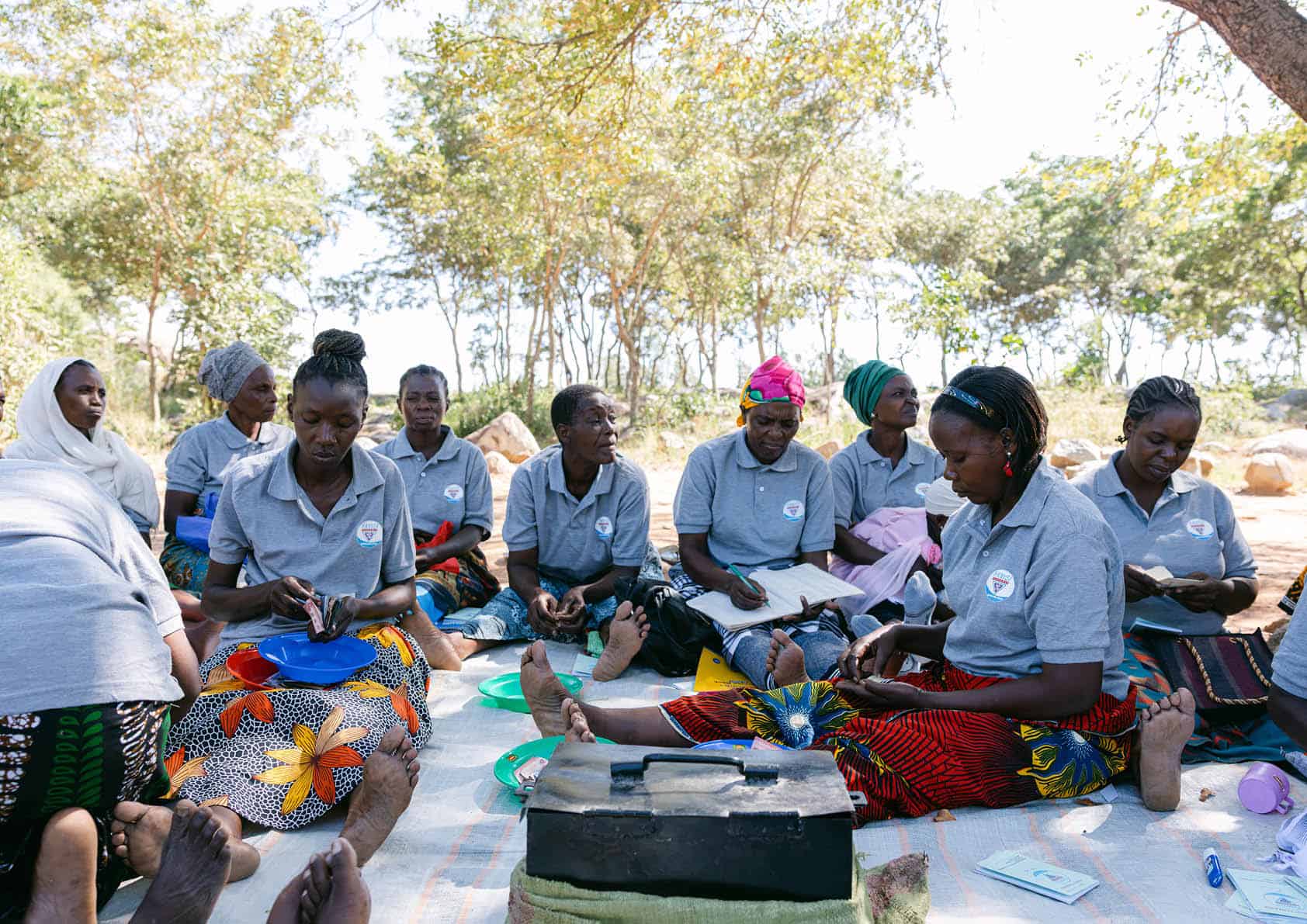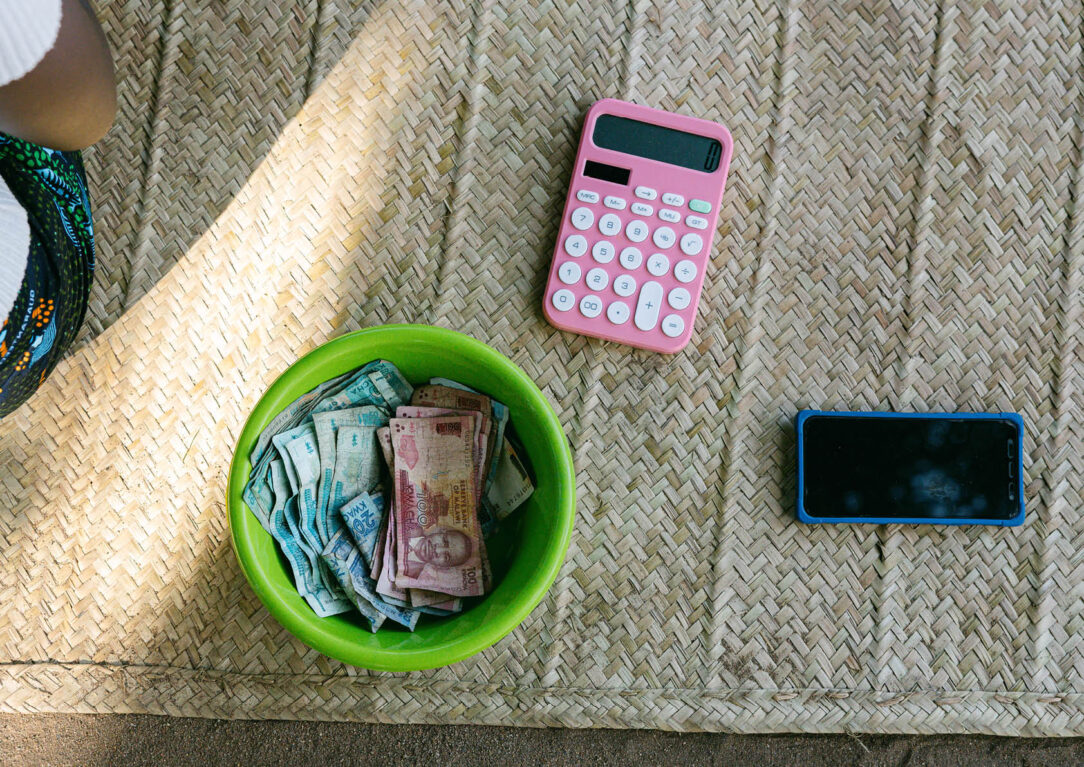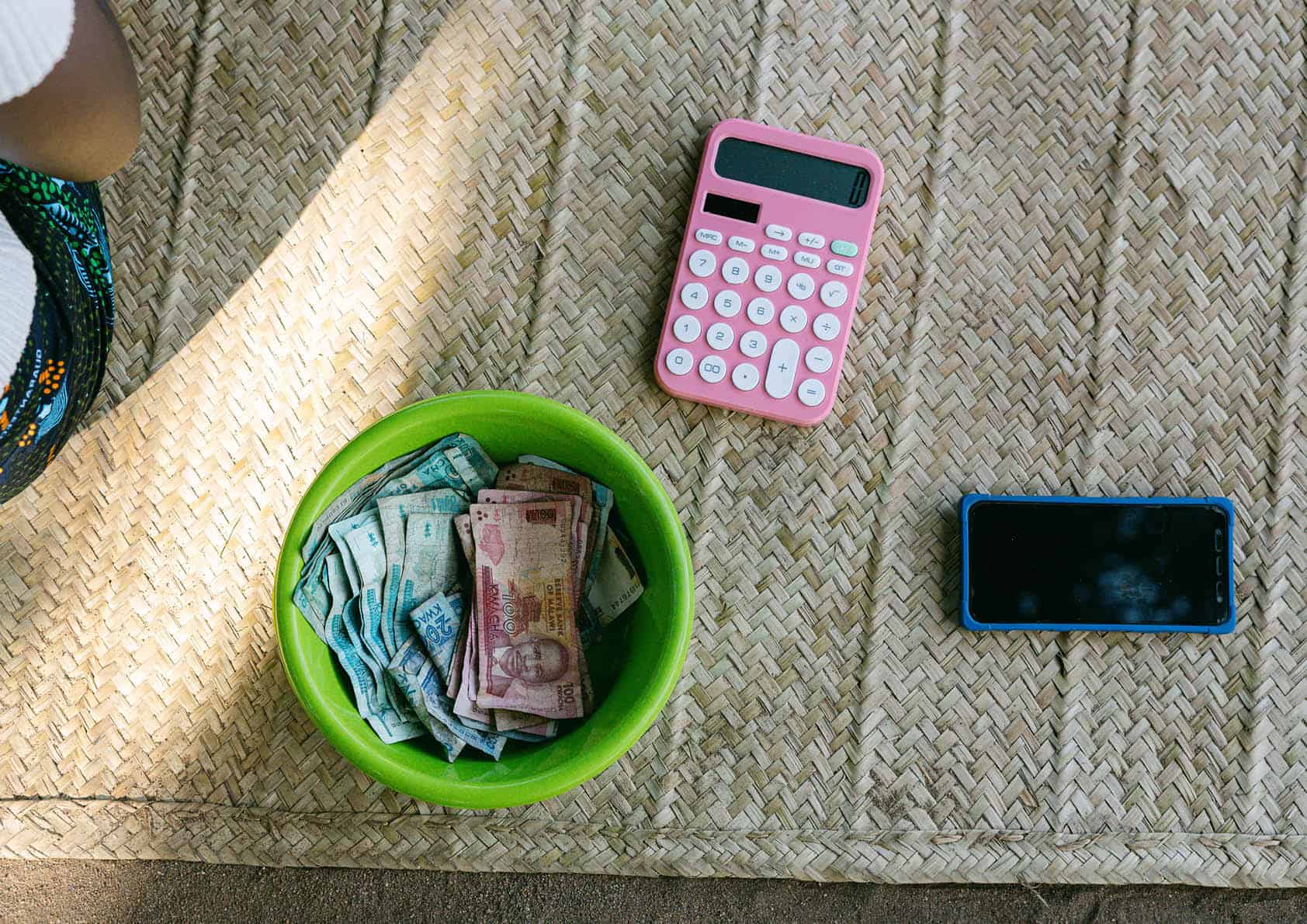October 2025
We often talk about people living on less than $3 a day – but what does that actually mean?
This figure, known as the international poverty line, is one of the most widely used benchmarks to measure extreme poverty. It helps us to understand just how many people across the world are struggling to survive without enough income to meet their most basic needs.
Set by the World Bank, $3 a day represents the minimum daily income needed to afford the essentials of life: food, safe water, shelter, clothing, healthcare and education.
What does $3 really buy?
It’s important to understand that $3 a day is not the same everywhere. In countries where the cost of living is much lower, $3 might stretch a little further. But it is still far from enough. Imagine having to cover every meal, every bus journey, every medical bill and every school fee for the day with that amount. For families, this becomes almost impossible.
In countries like Malawi, where around 70% of the population live below this threshold, too many children grow up without enough food, drop out of school because their families cannot afford to send them, and miss out on the opportunities to lead happy, nurturing childhoods. Living on less than $3 a day is not just about numbers – it means daily choices between eating, learning, or seeking healthcare.
Why does it matter?
While poverty cannot be reduced to a single figure, the international poverty line is a useful tool to track progress. It allows us to see where our support and investments are most needed, and how our programmes are making a measurable difference.
At WeSeeHope, this benchmark reminds us of the urgency of our work. It’s a stark reminder that so many young people and families are surviving below this line, and why creating opportunities to step above it is life-changing.
Rising above the line
Earning more than $3 a day doesn’t mean a life free from challenges. But it does mean families can eat three meals instead of one, children can go back to school, and young people can begin to build independence and stability. It’s a vital first step towards breaking the cycle of poverty.
Supporting older teenagers, parents and guardians to access training, skills and opportunities to lift themselves above this line is a key part of what we do.
For example, through our Vocational Training Programme, young people like Charles in Malawi are learning trades such as carpentry, tailoring and mechanics. With training, tools and start-up support, they are launching businesses and earning a sustainable income – in many cases more than double the poverty line – and transforming their futures.

Charles, from Malawi, runs his own carpentry workshop, constructing and repairing in demand items of furniture, such as door frames, tables, chairs and benches. Becoming a respected carpenter, he earns 10,000 Kwacha most days – equivalent to $6!
It isn’t just young people who need opportunities to earn. Parents and guardians also play a vital role in lifting their families above the poverty line. That’s why we run our Village Investors Programme (VIP).
Through the VIP, community members come together to form savings and loans groups – acting as their own local banks. By pooling small amounts of money, they can take out loans to start or expand businesses, invest in farming and livestock, and start boosting their incomes.
Over time, these groups grow into reliable, self-sustaining sources of income for entire families. They not only increase financial security but also build resilience, meaning families are better able to withstand shocks like poor harvests or medical emergencies. Most importantly, they give children the chance to stay in school, eat well, and thrive.

How you can help
For the young people we work with, stepping above the $3 a day poverty line means security, dignity and hope. And you can be part of that change.
A donation of £90 could provide a tailoring graduate like Zainabu from Malawi (pictured below) with a sewing machine and materials so they can start a business and begin a journey to a life free from extreme poverty.
If you would kindly wish to make a donation, click here.

Photography: Sam Vox




